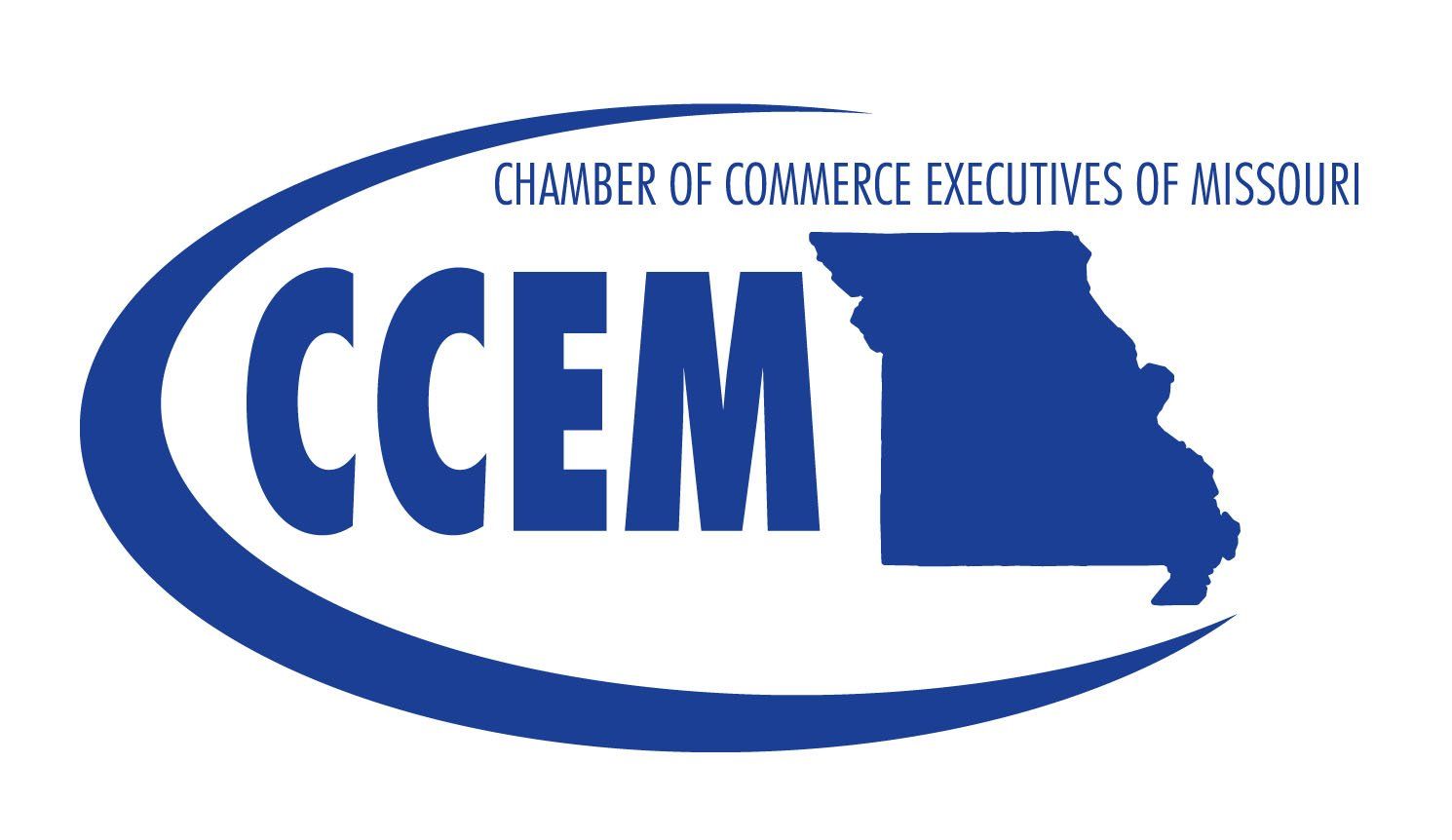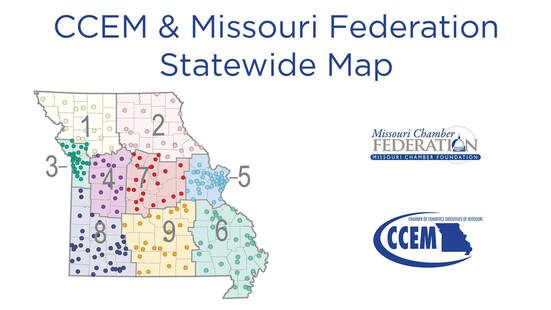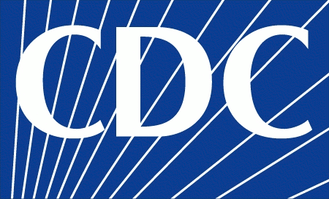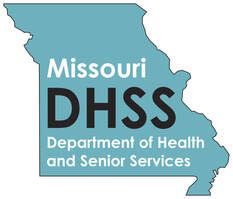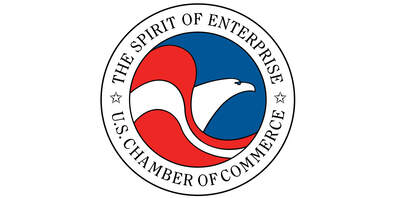Covid 19 Update
LETTER FROM CCEM PRESIDENT
Dear CCEM Members:
As we go through these difficult times, your board of directors wanted to provide easy access to
resources you may find helpful. We understand you and your members have many questions. Our hope
is the information shared on the new special web page will be a tool to help answer some of those
questions.
Please feel free to reach out to any member of the CCEM board with any questions.
Stay strong Chamber community!
Monica Evinger
CCEM Board President
417-243-2103
mevinger@bransoncvb.com
BOARD OF DIRECTORS
Feel free to reach out to any of board members or your district director for assistance with your questions, or to discuss issues.
President |
Monica Evinger |
mevinger@bransoncvb.com
President Elect
|
Crystal Narr |
chamber@chillicothemo.com
Past President |
Kim Voelker
|
kvoelker@capechamber.com
Angela Baugher |
angibaugher@jcchamber.org
Matt Baird |
mbaird@lschamber.com
Brian Gerau |
director@jacksonmochamber.org
Nina DeAngelo
|
nina@ofallonchamber.org
Sandra Williams |
sandra.williams@kirksvillechamber.com
Gabriela Ramirez-Arellano |
gramirezarellano@hccstl.com
District 1 – Lily White
District 2 – Sandra William
District 3 – Lara Vermillion
District 4 – Suzanne Taylor
District 5 – Sherry Huibonhoa
District 6 – Dana Brune
District 7 – Trisha Creach
District 8 - Neely Myers
District 9 – Stevie Kearse
IDEAS IMPLEMENTED
Ideas implemented by several board members for their members.
- Branson
- Cape Girardeau
- They are also including this verbiage on their invoices: "Due to the current situation, please note we are extending due dates for 90 days, if necessary. During that time your membership will not be inactivated. Please reach out if there is anything we can help with."
- Chillicothe
- Jefferson City
- O’Fallon
- Created a survey that was sent out to member restaurants asking them who is still open for business as far as customer carry out, curbside pickup and delivery options
- Access survey here
- List of restaurants on website that are operating with while social distancing
- Web page named The Great Take Out
- Missouri Chamber of Commerce and Industry
IDEAS FROM ROB O'BRIAN
Rob O'Brian: President of O'Brien & Associates / Former President of the Joplin Chamber of Commerce
Chambers need to be purposeful in reaching out to all members (and broader business community) and getting data as they go. I know from taking calls from several chamber colleagues around MO and the Midwest that they are overwhelmed with calls from members and also doing online surveys. From our experience in the Joplin tornado as well as working for USEDA on the Missouri 2019 floods, there are a lot of firms that won’t call in or respond to email surveys. The personal touch helps them and reinforces that the chamber is helping all.
Most importantly, ask key, consistent questions to get a base line of data pre-impact and currently. This will be very key for community in businesses as more Federal funds become available.
If anyone wants a quick survey template it’s in Dropbox. And I am here for anyone who want a to call to brainstorm ideas or just vent. We all need venting sometimes.
Rob O'Brian, CEcD
O’Brian & Associates
417.438.0100 (c)
CORONAVIRUS AID, RELIEF, & ECONOMIC SECURITY (CARES) ACT
The coronavirus pandemic poses the greatest threat to Americans that we have seen in decades … we have to speed relief to everyone who needs it”
WASHINGTON – U.S. Senator Roy Blunt (Mo.) released the following statement after voting to pass the Coronavirus Aid, Relief, & Economic Security (CARES) Act. The measure, which passed the Senate unanimously, must now be passed by the House before reaching the president’s desk.
“The coronavirus pandemic poses the greatest threat to Americans that we have seen in decades,”
said Blunt. “People are scared for their health and the health of their loved ones. Businesses large and small are struggling to stay afloat. Workers are worried about losing their jobs and not being able to make ends meet. Healthcare providers and first responders are putting their lives on the line every day to take care of people in their communities. We have to speed relief to everyone who needs it and the CARES Act the Senate just passed does that.
“Over the past month, Congress came together to quickly pass immediate emergency funding for health-related response efforts. We followed that by passing a second package that addressed paid sick leave for individuals and family caregivers, enhanced unemployment insurance and food assistance, and increased healthcare funding for states. The CARES Act builds on those efforts by providing direct financial assistance to individuals and families, helping small businesses maintain their payrolls, stabilizing major sectors of our economy, and, most importantly, making sure healthcare providers have what they need to fight this pandemic. The House must now act to get this phase three package to President Trump as soon as possible.”
The CARES Act:
- Provides direct assistance to individuals and families that need it most. Under the bill, a typical middle-class family of four would get $3,400 to help them meet their daily expenses;
- Includes emergency funds for food and nutrition programs so families can continue to get that help if they need it;
- Provides immediate assistance to child care providers to prevent them from going out of business and supports child care for families, including for healthcare workers, first responders, and others playing critical roles during this crisis;
- Provides cash-flow assistance to small businesses through federally-guaranteed loans, with certain expenses eligible for forgiveness if employers maintain their payrolls through this emergency;
- Creates a temporary pandemic unemployment assistance program to give assistance to workers who aren’t normally eligible for unemployment benefits, such as the self-employed or independent contractors;
- Ensures that testing and the eventual vaccine for coronavirus patients will be covered by private insurance;
- Includes $100 billion in support for hospitals and health care providers, and provides flexibility for them to receive both prospective payments and reimbursement for costs associated with coronavirus, including lost revenues;
- Gives health care providers more capabilities to offer telehealth services;
- Provides an additional $16 billion to procure personal protective equipment, ventilators, and other medical supplies for federal and state response efforts;
- Allows the Secretary of Education to defer student loan payments, enables students who were forced to drop out of school due to coronavirus to keep their Pell Grants, and gives colleges and universities the flexibility to continue work-study payments to students who cannot work due to coronavirus closures;
- Provides funding for elementary and secondary schools that can be released quickly to states to help schools respond to coronavirus and related school closures, including immediate needs of students and teachers, improving use of education technology, supporting distance education, and making up for lost learning time; and
- Stabilizes major sectors of the economy without putting taxpayers on the hook for giant bailouts.
Also included: a summary of the “Keeping American Workers Employed and Paid Act” which is specific to small businesses. It is included in the large Phase III bill. Download attachment here.
ADDITIONAL RESOURCES
- CCEM: via dropbox link here
- IRS Operations during COVID-19
- Yoga Videos from Freeman Health System
- Yoga for Everyone
- Yoga for Kids
Links to important state and national resources for employers:
Let's Talk!
Have a question or comment? Let us know.
